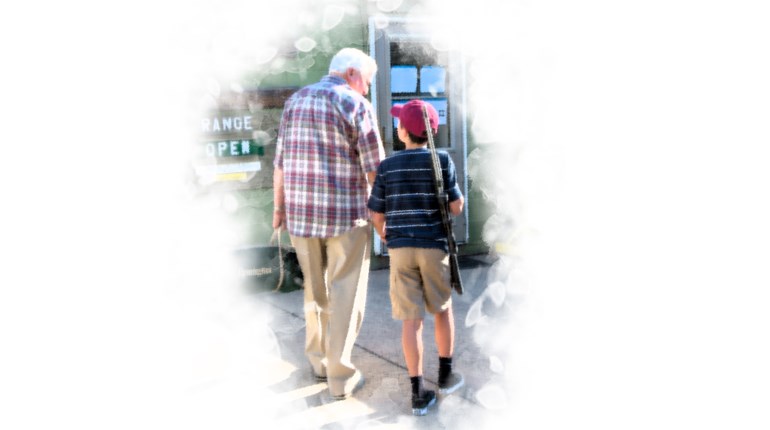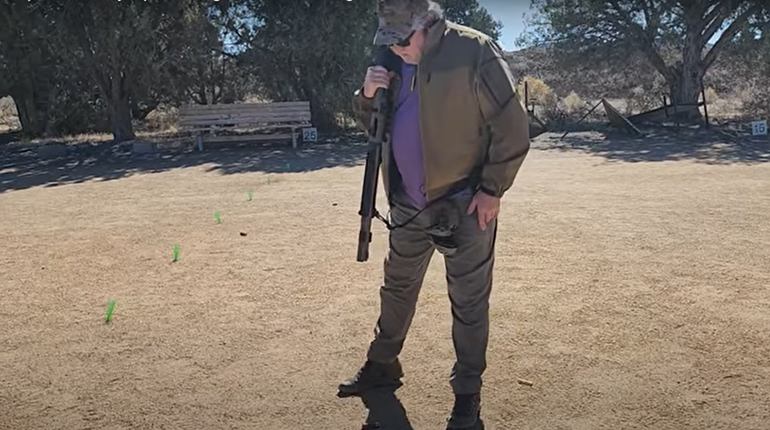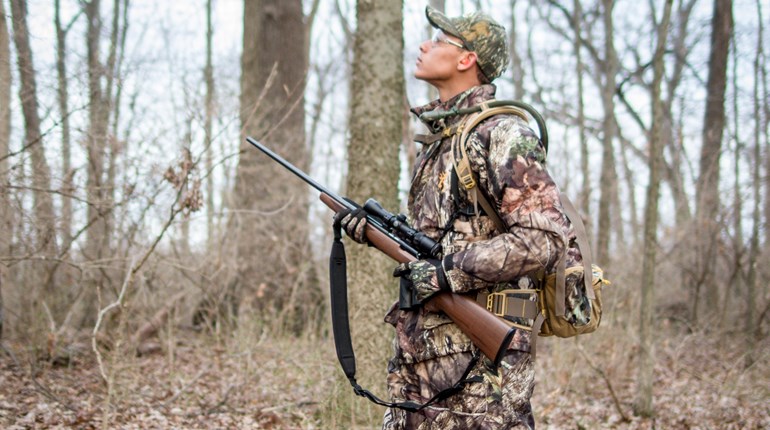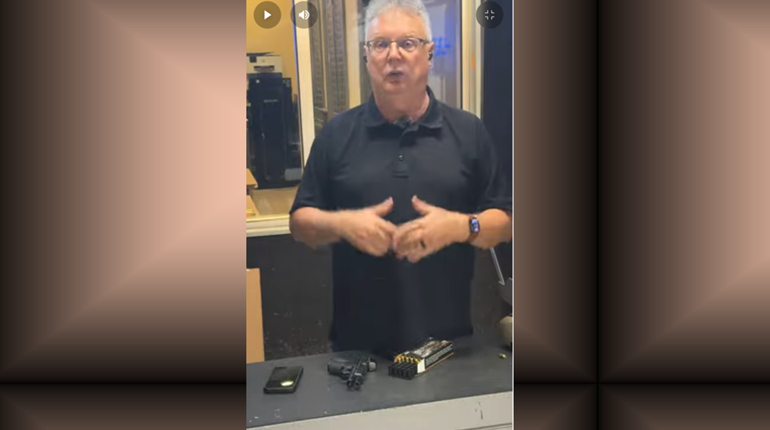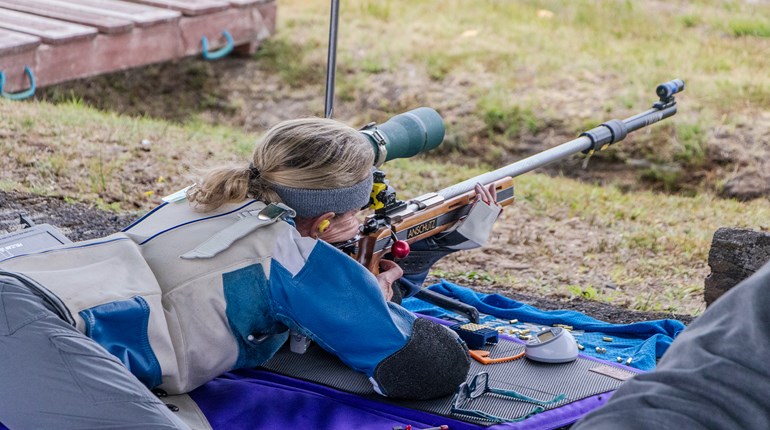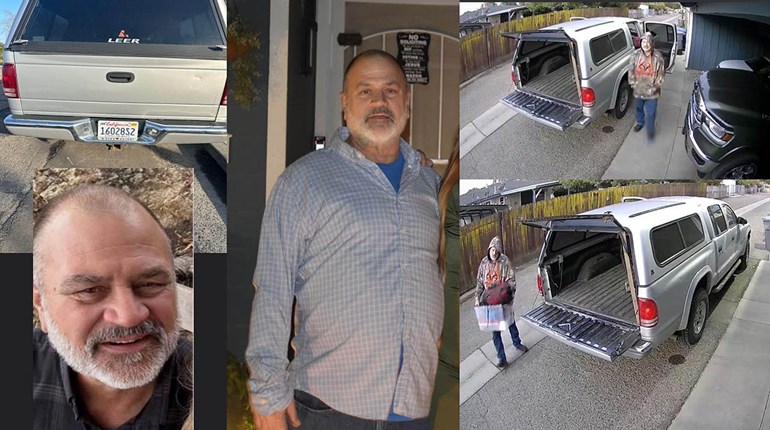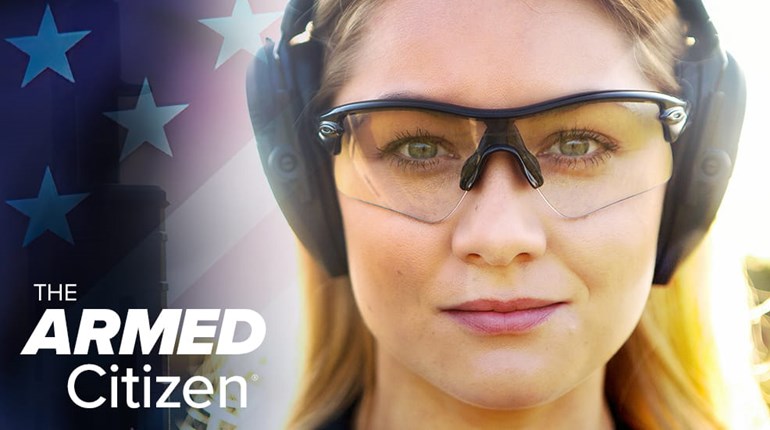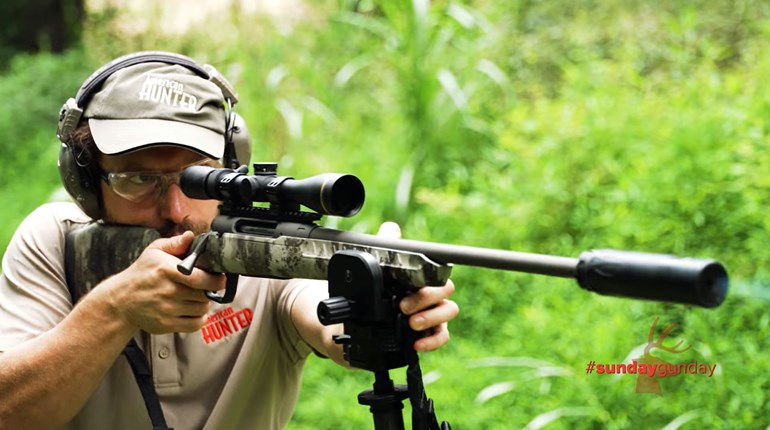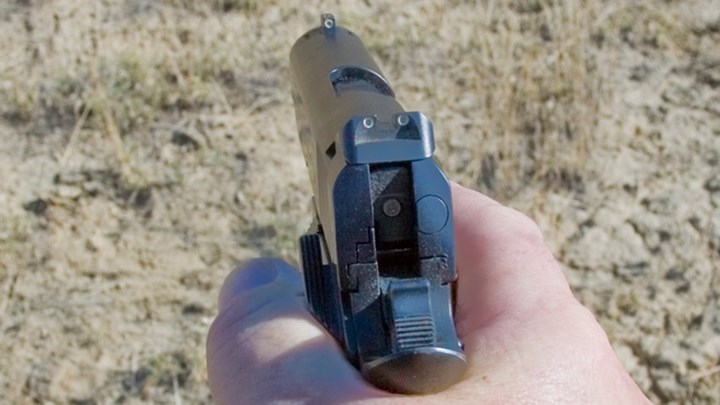
Did you just buy your first firearm? If so, we here at the NRA are happy to offer the know-how you need to ensure you handle your new firearm safely and effectively. We were founded in 1871 by two Union veterans of the Civil War, and ever since then we have been training Americans with everything gun owners need to know, from the basics of safe gun handling to advanced marksmanship training. Although many training classes have been canceled due to the "social distancing" dictates of the Coronavirus pandemic, the good news is that we've banked plenty of videos and text articles over the last 150 years! Get out the owner's manual for your new firearm, and follow along...
1. The Three Rules of Gun Safety
Here's our video of gun safety tips for new shooters, which covers the all-important Three Rules:
2. How to Point Your Gun in a Safe Direction
We talk a lot about pointing your gun in a safe direction...but what, exactly, does that mean? Click here for the nitty-gritty!
3. How to Load Your Semi-Automatic Firearm Safely
Revolvers are pretty easy to load and unload safely, since it's simple to tell whether or not there's a cartridge in the cylinder. Semi-automatics are a little bit different in that you have to load the magazine (note: it's probably not a clip!) and then chamber a round in order to get the gun to fire. Here's the how-to. 
4. More Gun Safety Rules (YES.)
The Three Rules of Gun Safety that we introduced above are the big ones, of course. However, there are others...some of them are pretty common-sense, but some of them are a little counterintuitive! We definitely recommend checking this one out long before you ever put your index finger on that trigger. Here it is! 
5. Safe Gun Storage
How you choose to store your guns when not in use is going to depend on your personal living situation, as well as (to some extent) your local firearms laws. Here's an article that will give you some ideas about how to best safeguard your new gun. 
Again, we strongly encourage that you take a basic gun-safety course as soon as you feasibly can. In-person instruction means you can ask questions, have someone physically assist you if necessary, and so on. Keep an eye on our firearms training course listings to learn when our NRA-certified instructors are able to work with you in person!













